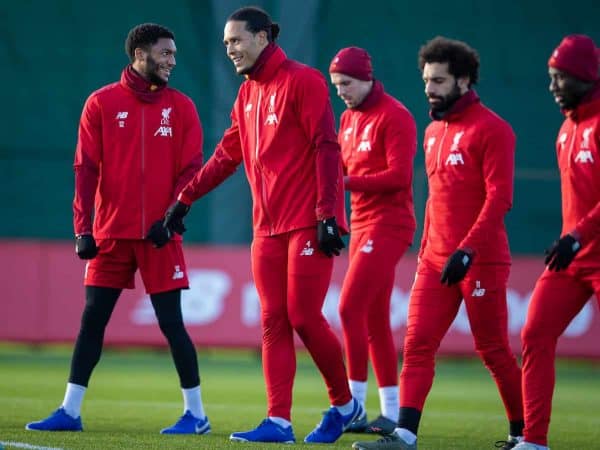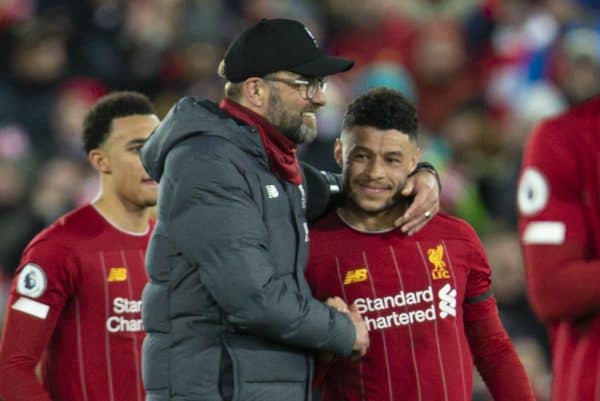Liverpool’s “mastery approach” to psychology & its role during coronavirus

Footballers are as equally susceptible to battling mental demons during times like the coronavirus and the club’s psychologist Lee Richardson has offered an insight into the workings of the mind and his role for Jurgen Klopp.
Richardson, a former player and manager, was appointed last summer as Liverpool’s sports psychologist, where he usually operates out of Melwood three days a week.
That has, of course, changed with the training ground currently off-limits for the time being but his practices for the team have not wavered in importance – if anything they have heightened during the current climate.
His addition to the club was another nod to leaving no stone unturned in the pursuit of sustained success both on and off the field, as players and as people.
When fixtures were suspended and players started isolation, Richardson was hand to hand out advice on how to deal with the current situation, with coping mechanisms for anxiety and the need for a routine the key messages.

Footballers, like any person in society, are just as likely to experience mental health issues and the Professional Footballers’ Association has experienced a “spike” in numbers seeking support since the lockdown.
And regardless of their wealth, as Richardson explains in an interview with LiverpoolFC.com, they are just as likely to feel the psychological impact of the pandemic as their identity is grounded in being a football player.
“As a football player, as a sportsperson, your identity is fundamental. Just as it is for everybody,” he explained.
“If all of a sudden that was stopped, would that have implications for you?
“And some of the pressures for footballers are around not being able to play, being injured or de-selected, and obviously the longer this goes on the more likely it will have some impact on them psychologically because these lads are highly motivated, they want to achieve as much success as possible.
“And whilst they are psychologically well-resourced and robust, it’s all relative. There are different levels of pressure, they’re not immune to suffering and they’re not immune to pain.”
From Richardson’s experience, Liverpool could be in a strong position to try and tackle any issues head-on as the Reds have been forthcoming in being “open to chat and discuss anything” since his appointment.
“Life is fundamentally a psychological experience, we experience life in our brains, in our minds, whatever that is,” he added.
“And whether you are explicitly aware of that, or you do know it but don’t like talking about it, we all know that’s the case.
“In my role now I think I can help any player who wants to be helped. I have to say the lads at Liverpool have been the best in terms of being open to chatting and discussing anything.
“And that’s a sign of people who have what I call a mastery approach, so they just want to get better.
“Every level and even the very best players sometimes suffer loss of good form, and just having a chat about it sometimes is not a bad thing.”

It is, therefore, credit to Jurgen Klopp and his recognition that he cannot oversee or be an expert in every field required to ensure his club is a well-oiled machine that Richardson is able to help where he can at Liverpool.
“When it comes to managing people, [he’s] probably one of the best managers,” Richardson explained, one who is a “natural people person” and “naturally inspires people.”
“When I first arrived, I think he said he makes positive decisions that impact players in negative ways. And you can’t always then deal with those negative consequences,” he continued.
“Possibly where I come in sometimes is to help players look at those negative consequences and turn them into a positive.
“But that’s where I see my role in terms of my relationship with the manager, it’s very much I’m there for him as a buffer, if you like, if it’s needed.”
















